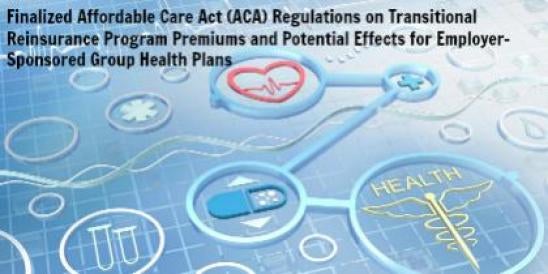A recent federal court decision in Pennsylvania demonstrates the legal issues that may arise when a hospital’s determination regarding a physician’s credentials is intertwined with a decision to terminate the physician’s employment with the hospital.
In Langenberg v. Warren General Hospital, No. 1:12-cv-00175-NBF (W.D. Pa. Nov. 22, 2013), a hospital recruited a vascular surgeon with the assurance that it would build a robust vascular practice. Under the employment agreement that the physician entered into with the hospital, either party could terminate the agreement without cause upon 90 days’ written notice; or alternatively, the hospital could terminate the agreement immediately upon payment of a sum equaling the physician’s salary during the 90-day notice period.
As required by the agreement, the physician also obtained medical staff credentials at the hospital. This bound him to the hospital’s medical staff bylaws, which provided that a practitioner’s credentials would terminate automatically and immediately upon termination of any contractual relationship between the practitioner and hospital. The bylaws further provided that termination of credentials on such basis would not be an “adverse action” entitling the practitioner to certain procedural rights under the bylaws.
Several months after commencing employment, the physician raised various issues involving patient care and development of the vascular practice to hospital officials. Instead of responding to these concerns, the hospital’s CEO sent the physician a letter stating only that the hospital was terminating his employment immediately without cause. Subsequently, the hospital reported the resulting termination of the physician’s credentials to the National Practitioner Data Bank (NPDB). The hospital stated in its report that the basis for the termination was the physician’s disruptive behavior.
After struggling to obtain medical staff credentials and employment elsewhere, the physician sued the hospital and the hospital’s CEO on multiple grounds. The physician argued in part that the defendants breached the bylaws by reporting the termination of his credentials as an “adverse action” to the NPDB, notwithstanding that the bylaws explicitly deemed such action, when based upon the termination of an agreement with the hospital, not to be an adverse action. Relatedly, the physician contended that the defendants breached the bylaws by failing to afford him the procedural protections that must accompany determinations regarding adverse actions. The physician also asserted that the defendants breached the implied covenant of good faith and fair dealing in the employment agreement by filing the NPDB report in bad faith.
On a motion to dismiss filed by the defendants, the court dismissed several of the physician’s claims, including the breach-of-contract claims. According to the court, the defect in the physician’s allegations that the hospital breached the bylaws was that he attempted to “graft . . . contractual obligation[s] onto the Bylaws” from the Health Care Quality Improvement Act (HCQIA)—the federal law that regulates NPDB reporting and provides legal immunity for medical staff actions against physicians’ medical staff membership and privileges when such actions comport with certain procedural safeguards. As the court explained, whether the defendants violated this law or similar state law was “irrelevant insofar as Plaintiff’s breach of contract claims are concerned because the alleged breach[es] must be grounded in a contractually-based legal obligation,” which were lacking. Citing this same improper conflation of statutory and contractual duties, the court also dismissed the physician’s breach claim concerning the employment agreement. Notably, in dismissing this claim, the court observed that several other claims premised on the defendants’ allegedly improper filing of the NPDB report, including claims of defamation and intentional interference with existing and prospective relationships—which the court refused to dismiss—presented “other potentially viable remedies for the misconduct alleged..."
Ruling favorably for the physician, the court rejected the defendants’ argument that an immunity clause in the medical staff bylaws barred some or all of the physicians’ causes of action because the defendants failed to explain how the broad language in the clause applied to the case at issue. Even if the defendants could ultimately show their entitlement to immunity under the bylaws, the court questioned whether such immunity would apply to some of the physician’s surviving allegations, such as his allegation that the defendants failed to provide employment verification to a prospective employer.
As Langenberg demonstrates, medical staff bylaws and employment agreements containing immediate, without-cause termination provisions may provide hospitals with mechanisms to swiftly disassociate themselves from affiliated physicians. But, to the extent that hospitals take combined employment and credentialing actions against physicians based on their competence or professionalism without adhering to the procedures under applicable medical staff bylaws and HCQIA, the hospitals trade off their immunity under HCQIA. The risk of liability in these instances may be compounded where immunity clauses in the medical staff bylaws are vague. Hospitals and physicians alike should consider these observations in drafting and reviewing their medical staff bylaws and employment agreements.



 />i
/>i

